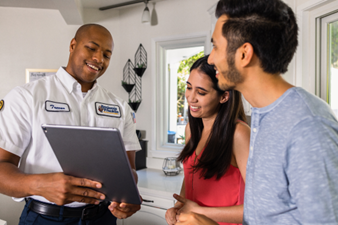How Do Water Filters Work? (And How to Pick the Right One)
October 1, 2024
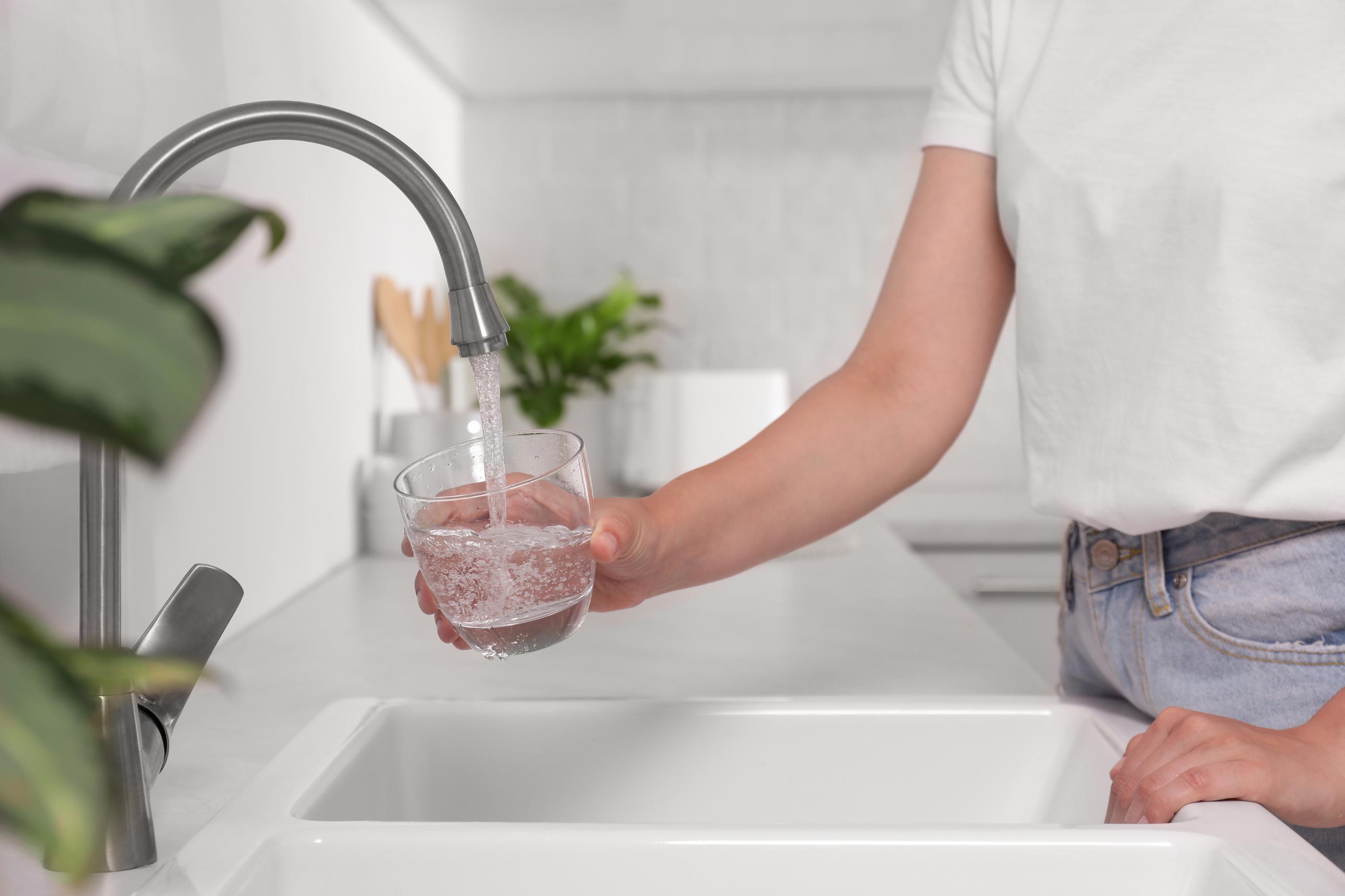
Water is essential in our daily routines, from cooking and cleaning to bathing and laundry, it impacts so much of what we do. If you’ve experienced unfiltered, dirty water, however, you know it can create a range of problems from an unpleasantly flavored cup of water to unhygienic appliances. A water filtration system can help address these issues by increasing the quality of your water.
Water filtration systems are a game changer for your home’s water quality and the health of your plumbing system. Quietly and behind the scenes, they handle the tough job of purifying the water you use in so many aspects of your life.
The challenge, however, is determining which water filtration system is right for you. The choice isn’t always obvious, and making the right decision can sometimes feel a bit overwhelming. Whether it’s about improving the taste of your water or avoiding those stubborn scale buildups, choosing the right water filtration system is crucial for maintaining optimal water quality throughout your home.
In this blog, we’ll help you navigate the process of selecting the best water filtration system for your needs. Whether you’re dealing with persistent water-quality problems or just want to make sure your water system is performing at optimal levels, we’ve got you covered. We’ll break down what water filtration means, compare different types of filtration systems, and give you the tips you need to make the right choice. Let’s get started!
Types of Water Filtration Systems
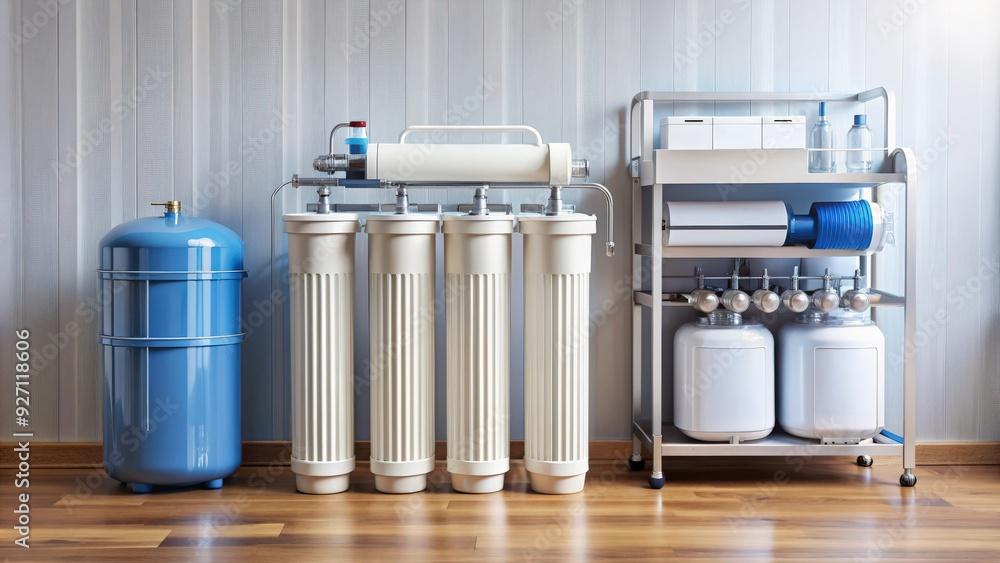
Choosing the right water filtration system is the first step in enhancing your water quality. There are five common filtration system types to choose from. Learn more about each below.
Mechanical filtering
Water filtration systems contain media that is permeable but has lots of surface area. Water must pass through the media, but the openings in it are small enough to trap particulate matter. The surfaces of the filter media capture sediment and other contaminants.
Reverse osmosis filtering
Reverse Osmosis is another type of mechanical filtering. It takes advantage of the unique properties of TFC (thin film composite). These water filtration systems force water through a TFC membrane that water can permeate, but many contaminants cannot.
Charcoal processing
Activated charcoal is a long-used method for reducing contaminants in water. Carbon attracts and captures certain harmful elements, such as lead. Charcoal filtration systems have a great deal of internal and external surface area. Because of this, charcoal processing works like a sponge to trap contaminants by adsorption.
Adsorption is the ability of a solid to trap gas or liquids in a thin film, and the numerous pockets inside a carbon filter make this incredibly efficient.
Sequestration
Sequestration is a type of chemical filtering process that reduces the impact of mineral sediments. In this type of filtration system, polyphosphates are added to the water. This process doesn't remove particulates, but instead keeps them soluble so they remain dispersed in the water. This prevents mineral buildup in pipes and fixtures.
Ion Exchange
Ion exchange removes mineral particulates from drinking water. These filters channel water through small beads made of an ion exchange resin. The beads trap magnesium and calcium ions and exchange them for different ions.
In deionization, the beads will swap hydrogen for cations or hydroxyl ions for anions. This process also removes mineral particulates and is often used in reverse osmosis systems to prepare water for the physical filtration process.
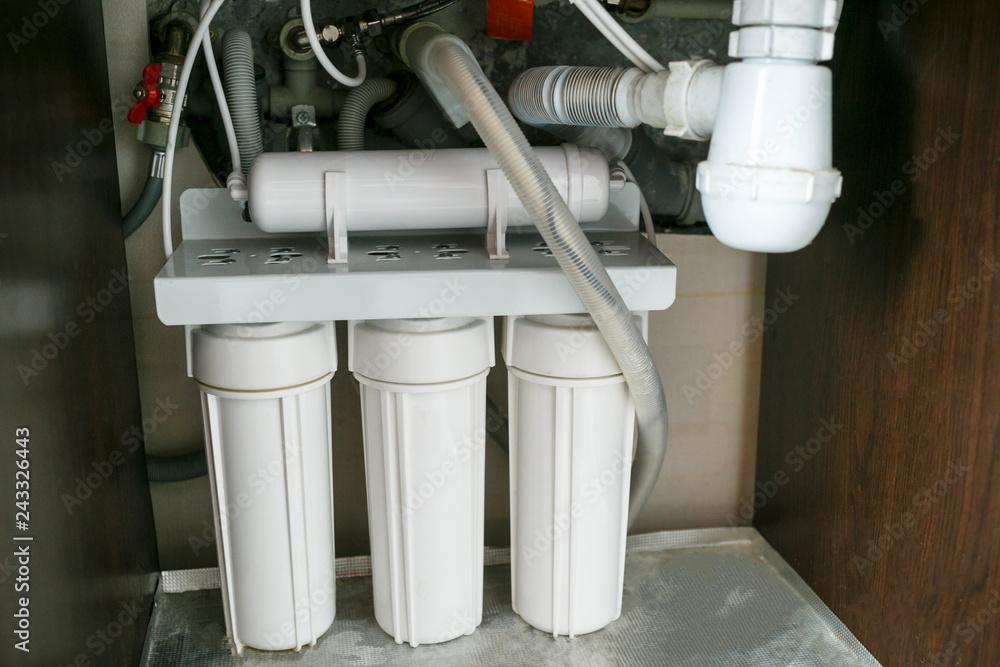
Armed with the knowledge of different filtration systems to inform your direction, the next step is to consider installation and maintenance.
Installation and Maintenance
Installing a water filtration system is an important step in improving your water quality. Professional installation is recommended to ensure proper setup and functionality. Make sure you have adequate space for the unit as well as access to any additional equipment needed. During installation, the system will be configured to ensure the best quality water for your home.
To keep your water filtration system operating effectively, follow the manufacturer's maintenance guidelines. Clean the system as recommended to prevent issues and extend its lifespan.
Choosing the right water filtration system can greatly enhance your water quality and protect your plumbing. By understanding your water quality needs, exploring different types of systems, and considering your household needs, you can find the best solution for your home.
Finding the Perfect Water Filtration System for Your Home
Selecting the right water filtration system is crucial for maintaining the quality of your home's water and protecting your plumbing system. By evaluating the quality of your home’s water, understanding the different types of water filtration systems, and considering factors such as household size and budget, you can make an informed decision that meets your needs.
Whether opting for an ion exchange system, a charcoal processing system, or another type, ensuring proper installation and regular maintenance will help you enjoy clean, pure water for years to come. For personalized advice and professional installation, contact our experts at Benjamin Franklin Plumbing to get started on enhancing your home's water quality.
Ready to Improve Your Water Quality?
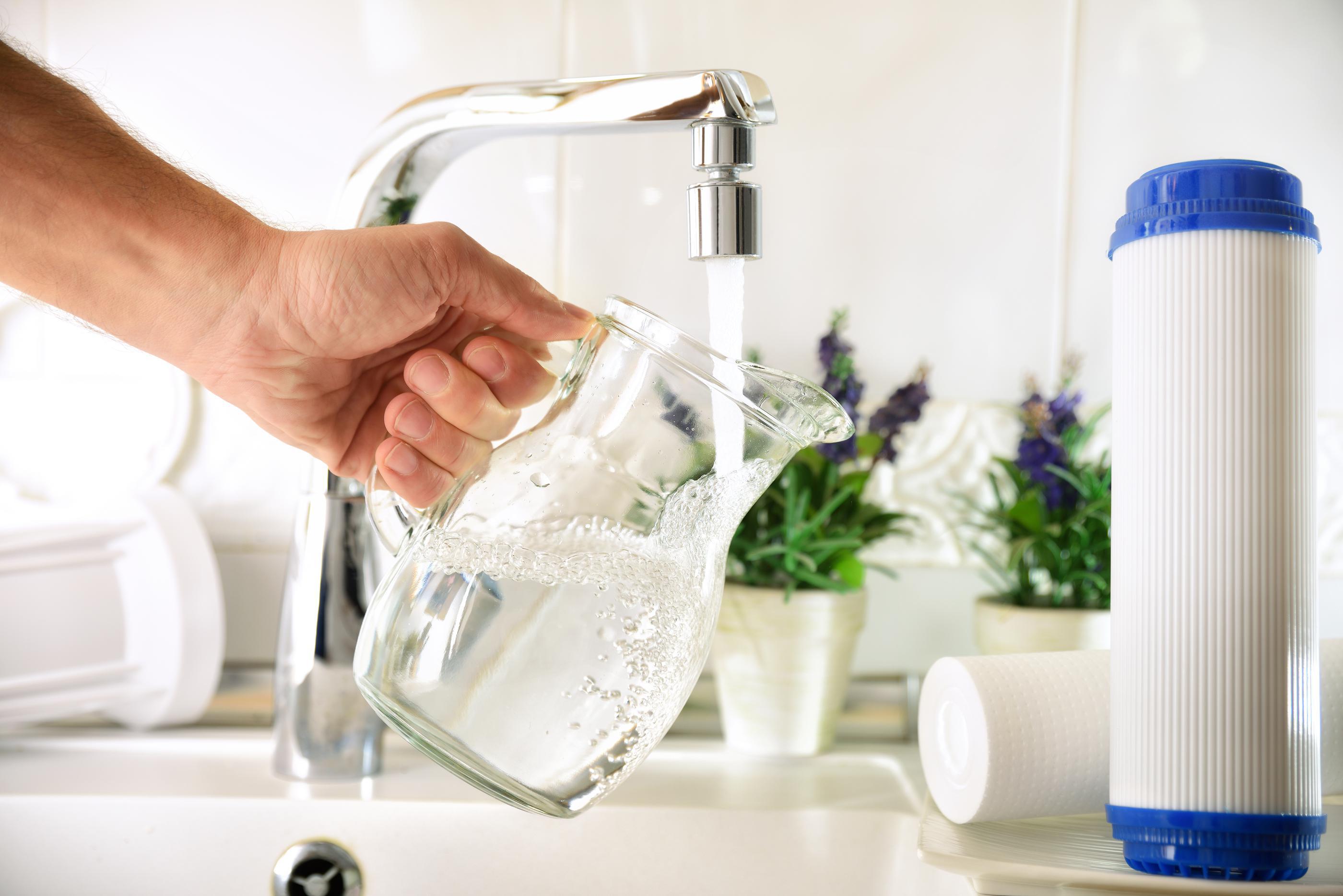
If you're ready to find the perfect water filtration system for your home, Ben Franklin Plumbing is here to help. Our expert team in Port St. Lucie is dedicated to providing tailored solutions and professional installation to ensure you get the best performance from your water filtration system.
Contact us today to schedule a consultation and take the first step towards enjoying cleaner, softer water throughout your home!
